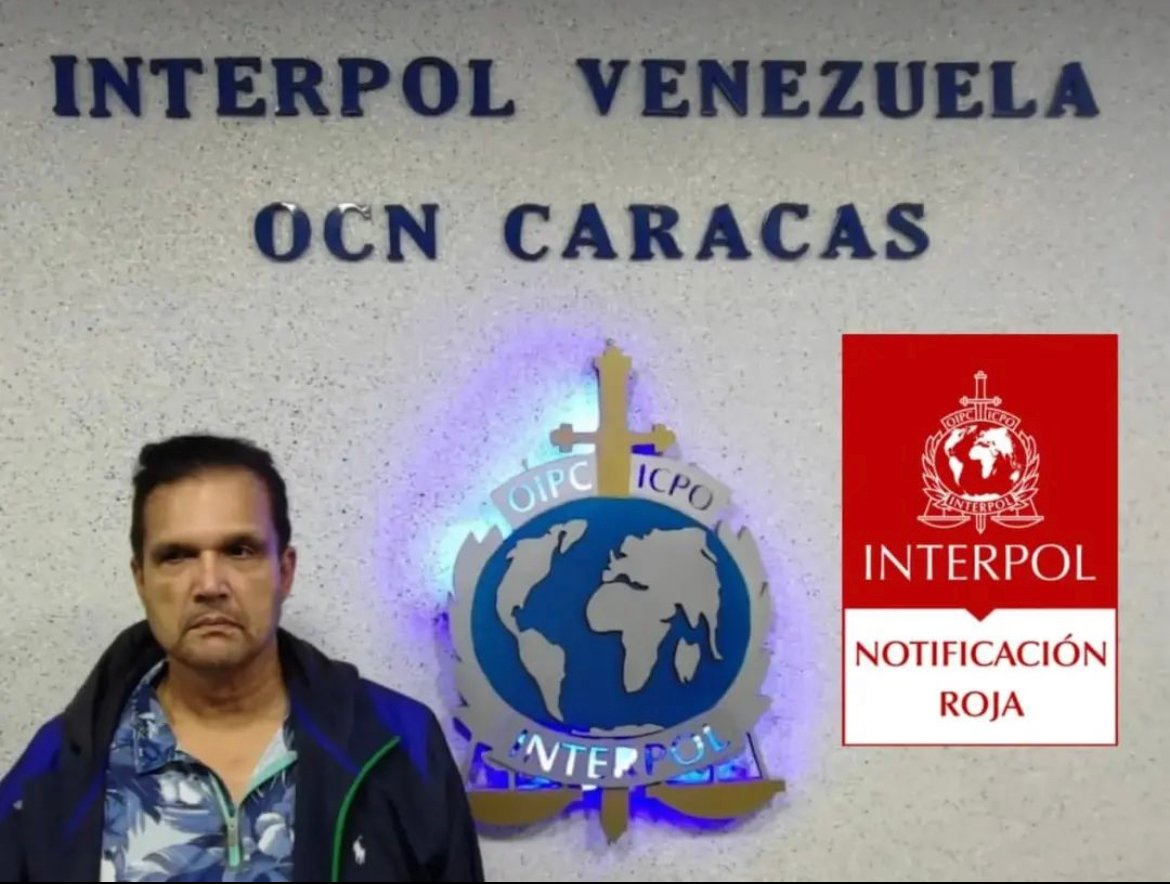
The extradition of international fugitive Leonard Francis from Venezuela to the United States could mark the start of a major shift in the relationship between Caracas and Washington, D.C., a Venezuelan legal expert told USNI News on Thursday.
The Venezuelan Supreme Court began the extradition procedures outlined in a 1922 treaty with the U.S. after Francis was arrested on Sept. 20 on an international warrant by Interpol Venezuela. He was arrested while traveling on a Malaysian passport at the Simon Bolivar International Airport in Maiquetía, attempting to fly to Russia after he flew to the country from Cuba. Francis escaped house arrest near San Diego, Calif,. on Sept. 4 ahead of a sentencing hearing after pleading guilty to charges of defrauding the U.S. Navy out of $35 million.
On Oct. 13, Venezuelan judge Elsa Janeth Gómez Moreno issued a decision to notify the U.S. of Francis’ capture and ask for proof of his crimes within 60 days – all in line with the agreement outlined in the treaty.
However, how the U.S. responds could lead the Biden administration to acknowledge the legitimacy of the regime of Nicolás Maduro, one legal expert told USNI News.
“From a legal perspective, the core of this case is whether the United States government is going to interact with the Maduro government or in a diplomatic way we can provide the necessary documents to advance in the extradition of this guy,” José Ignacio Hernández, a visiting fellow at the Harvard Kennedy School of Government and a member of the Atlantic Council’s Venezuela Working Group, told USNI News. “For the United States government, that’s a problem.”
Maduro broke diplomatic relations with the U.S. on Jan. 23, 2019, after Washington and other Latin American nations declared his 2018 election fraudulent and recognized opposition leader Juan Guaido as the interim president of Venezuela. Since then, Guaido has failed to remove Maduro from power and the humanitarian and economic strain on Venezuela has mounted over the last several years. Maduro, shunned by Washington, has cultivated relationships with U.S. rivals, including Russia, China and Iran.
However, the U.S. responding to the request from the Venezuelan court controlled by Maduro could upend the current status quo.
“The [U.S.] cannot have any formal communication with the Maduro government because they recognize Juan Guaido as the interim president, and you cannot have a diplomatic conversation with two governments at the same time,” Hernández told USNI News. “If [the] United States government decided not to answer this petition, this guy’s going to be released, for sure. But if the Biden administration decided to provide the information, Maduro is going to say, ‘we were recognized as the government by the Biden administration, because we have had this diplomatic interchange.’”
The Department of Justice declined to comment on the process of Francis’ extradition when contacted by USNI News late last week.
Francis’ extradition comes as the Biden administration has considered softening its stance toward the Maduro regime, steering away from the hardline set by the Trump White House.
In early October, Venezuela released seven Americans from prison in exchange for two of Maduro’s relatives who had been held in the U.S. on drug charges.
According to a report this month in The New York Times, in exchange for humanitarian reforms, the Biden administration is considering easing sanctions and opening up relations with the Maduro regime.
“We will review our policies, including our sanctions policies, in response to constructive steps by the Maduro regime to restore democracy,” Secretary of State Anthony Blinken told reporters earlier this month.
Some in Congress have opposed warming up to Caracas. On Wednesday, Sens. Marco Rubio (R-Fla.) and Ted Cruz (R-Texas) issued a joint letter to President Joe Biden that said working with the Maduro regime would “undermine prospects for the return of democracy to Venezuela.”
In the meantime, Francis remains in the custody of Venezuelan authorities, pending the response to the Oct. 13 court order from the Venezuelan court.
“In my opinion, Biden is going to provide the documentation to Maduro, and Maduro is going to work that this is a sort of recognition of his government,” Hernández said.
“[Maduro will say], because I have an answer in the form of diplomatic communication with the United States government. I have been recognized as the government of Venezuela.”





